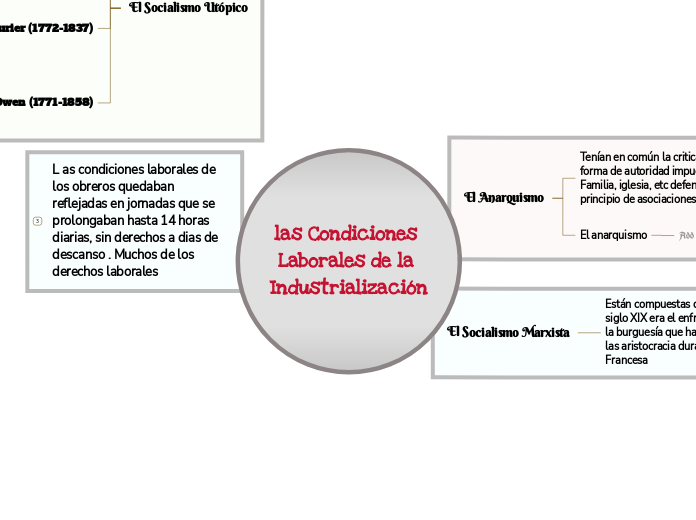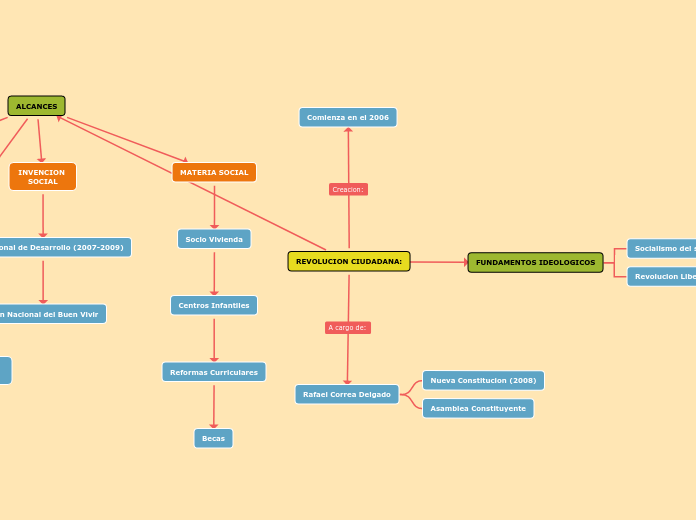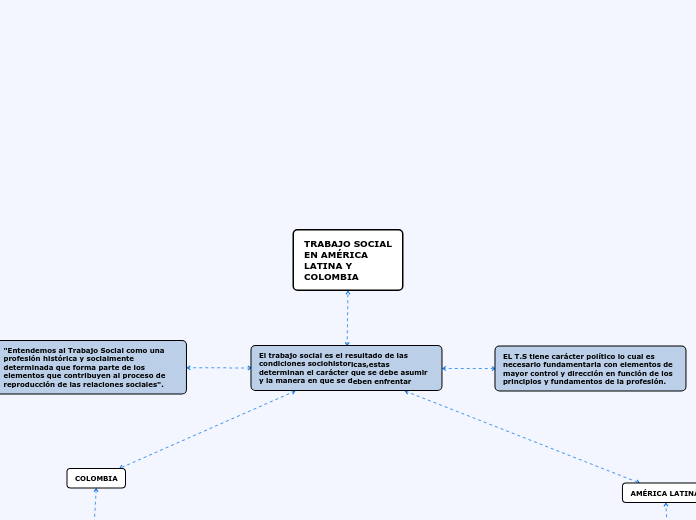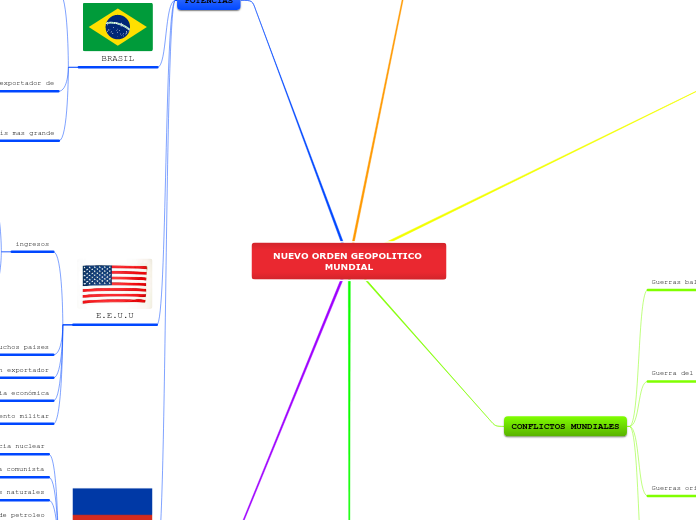las Condiciones Laborales de la Industrialización
In linguistics, syntax is the set of rules, principles, and processes that govern the structure of sentences in a given language, usually including word order.
L as condiciones laborales de los obreros quedaban reflejadas en jornadas que se prolongaban hasta 14 horas diarias, sin derechos a dias de descanso . Muchos de los derechos laborales
Additional info
El Socialismo Utópico
A complex sentence is a sentence that contains an independent clause and one or more dependent clauses.
An independent clause can stand alone as a sentence, but a dependent clause even though it has a subject and a verb cannot stand alone.
Robert Owen (1771-1858)
An adverbial clause is a group of two or more words that function as an adverb in a sentence.
Fabricante textil que siempre había denunciado las condiciones de trabajo abusivas, puso en practica sus propias ideas en su fabrica de New Lanark (Escocia)
Charles Fourier (1772-1837)
An appositive clause follows another noun or noun phrase in apposition to it; that is, it provides information that further identifies or defines it.
Firme partidario de una sociedad basada en la libre asociacion trato de poner en marcha los falansterios pequeñas comunidades de produccion y consumo basadas en armonia social
Henri de Saint-Simon (1760-1825)
The subject clause is a dependent clause that acts as a subject.
Defendió la reforma racional de la producción y la redistribución de la riqueza por el estado para atajar las desigualdades
Francois Babeuf (1760-1797)
A predicative clause may be introduced by conjunctions - that, whether, whether... or, as, as if, as though, because, lest, the way - or connectives.
The latter may be conjunctive pronouns - who, whoever, what, whatever, which - or conjunctive adverbs - where, wherever, when, whenever, how, why.
Durante la revolución francesa abogo por la abolición de la propiedad privada y por la colectivización de la tierra
El Socialismo Marxista
Están compuestas de clases en el siglo XIX era el enfrentamiento entre la burguesía que habia derrotado a las aristocracia durante la Revolución Francesa
See the example below and try to create your own simple sentences.
Tim drives.
El Anarquismo
El anarquismo
The subject of a sentence is the person, place, thing, or idea that is doing or being something. You can find the subject of a sentence if you can find the verb.
Ask the question, 'Who or what 'verbs' or 'verbed'?' and the answer to that question is the subject.
Add example
Tenían en común la critica a toda forma de autoridad impuesta Estado Familia, iglesia, etc defendía el principio de asociaciones libres
The attribute is defined as a quality or characteristic of a person, place or thing.









